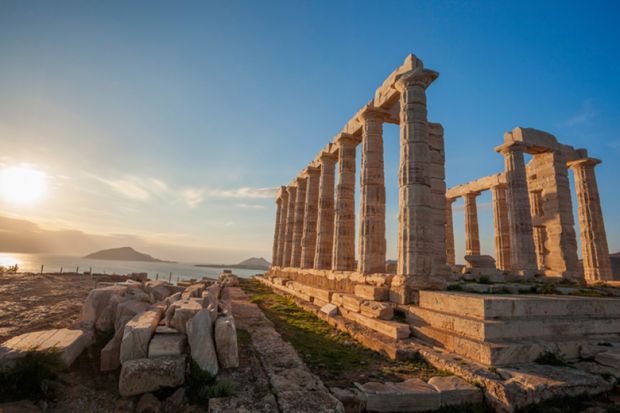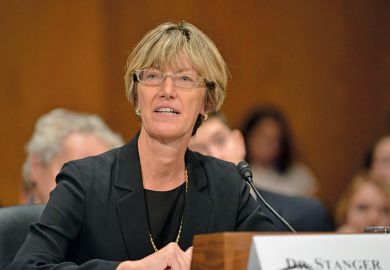There is a view that the humanities, and some of the social sciences, have always been in crisis, and another that such talk is grossly exaggerated. I once spoke to Cambridge historian Peter Mandler about his research on undergraduate numbers in Australia, the US and the UK.
If we look at the broad trends over the past 50 or 60 years, he argued, those studying humanities now represent a slightly smaller proportion of a much larger overall cohort (and most of the shift has been to new disciplines such as business rather than the hard sciences).
“It is hard to take too seriously talk of a crisis in Britain,” Mandler suggested, “when even by the narrowest definition of the humanities, the absolute number of humanities students has increased fivefold since 1967 and, by the broader definition, almost 10-fold.”
It is quite obvious, however, that many academics don’t see it that way. A clear sign of this is the “Why It Matters” series, just launched by Polity Press, with volumes on anthropology, Classics and history. Geography and linguistics are expected to follow in the autumn.
In the first of these, Tim Ingold – chair of social anthropology at the University of Aberdeen – briskly dismisses as “tedious” attempts to “review” the many “conceptions and misconceptions of the discipline” and sets out instead what he “think[s] it should aspire to be”.
While “scientists and humanists”, he argues, share “a sense that they can take the measure of the world from some place beyond it, up above or far ahead”, he would like anthropologists “not to interpret or explain the ways of others” but “to share in their presence, to learn from their experiments in living, and to bring this experience to bear on our own imaginings of what human life could be like, its future conditions and possibilities”. That way, perhaps, it can help “temper the knowledge bequeathed by science with the wisdom of experience and imagination” at a time when humanity faces many urgent challenges.
While this obviously raises many questions, it also sets out a bold, inspiring and accessible vision for why anthropology matters, which one could easily give to schoolchildren. If it is thought necessary to make the case for a discipline, this seems exactly the right way to go about it.
In Classics, however, Neville Morley – professor of Classics and ancient history at the University of Exeter – takes much a more defensive position, devoting most of a long first chapter to the (fairly familiar) “misconceptions” about his discipline: its role in boosting notions of Western superiority, its mobilisation to justify imperialism, even the Old Etonians who tweet in Latin and think it is their destiny to run the country. It is precisely because “the place of classical antiquity in the modern world remains deeply problematic”, he suggests, that “Classics still matters”.
In today’s Britain, of course, many television programmes, most of them presented by people who are manifestly neither toffs nor racists, demonstrate that there is a strong public appetite for learning more about the ancient world. It seems strange for Morley to attempt to tell us why Classics matters in a way that feels so self-flagellating.
POSTSCRIPT:
Print headline: Antiquated approach is all Greek to me
Register to continue
Why register?
- Registration is free and only takes a moment
- Once registered, you can read 3 articles a month
- Sign up for our newsletter
Subscribe
Or subscribe for unlimited access to:
- Unlimited access to news, views, insights & reviews
- Digital editions
- Digital access to THE’s university and college rankings analysis
Already registered or a current subscriber?



